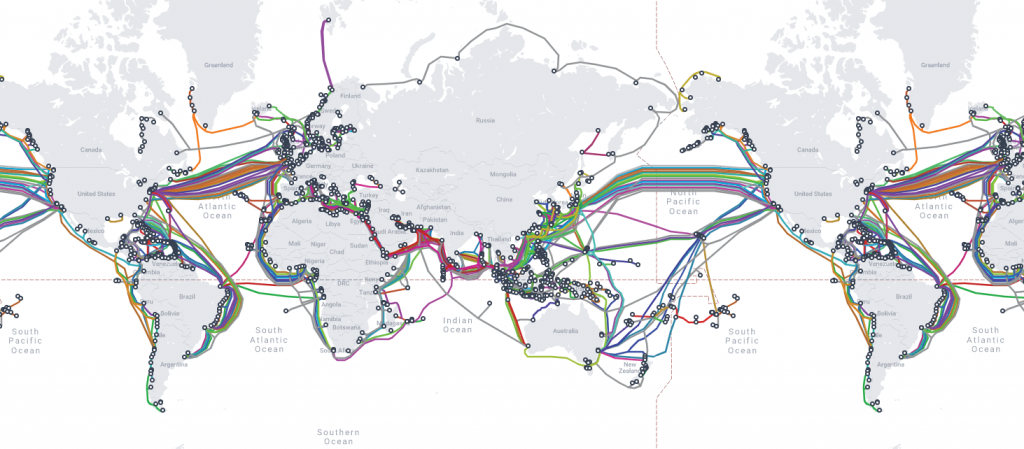Cloud computing is a concept that emerged with providers who decided to outsource their technological infrastructure in large data centers that today we call the Public Cloud.
These services offer us computing power, storage, preconfigured database engines, and many other products that characterize Cloud Services.
The data centers that host most of these services are located in the United States and Europe, so deploying critical services on the public cloud from different providers for Latin American countries has still been challenging.
One difficulty that can arise when deploying servers in the Public Cloud is the speed of access to services. Likewise, a possible connectivity failure can leave a country or internet provider without access for a few hours to the public cloud where it has its infrastructure. It may sound a little absurd. Still, it has happened and is more frequent than usual.
A Colombian bank recently experienced failures in its virtual services, and the loss lasted 8 hours. Why? A connectivity failure to the public cloud where they hosted their critical services. Another infrastructure problem is tears or interruptions in the submarine cables that connect the countries with their providers’ locations.
These are not frequent, but they usually affect latency and, depending on the country, result in a complete loss of internet connectivity or access to certain services.
 Subsea Cables Map
Subsea Cables Map
Some solutions or mitigation plans for these problems is to delve into the concept of Edge Computing, Edge Cloud, or just Edge. These terms have positioned themselves within the Tech world and point to emerging markets to characterize services delivered as close as possible to users.
The concept of the “World at the Edge” or “Edge” is about finding reliable providers of different types of Cloud services for various projects at the local level. Likewise, offering local data centers to store infrastructure at reasonable prices and high availability.
Another concept that takes this approach is Hybrid Cloud, which offers a way to have services in the public cloud, but with a functional backup in its own Data Center or a local Data Center. This type of setup allows a backup of the services needed or a local network interconnected with the services in the cloud. **A Hybrid Cloud is a solution that offers services distributed among a location close to the end-user in a private or public cloud. **
What are the advantages of cloud computing?
Access speed: The latency to a local provider can be less than 20 ms or lower if it is in the same city where the Data Centers are located.
Technical Support: Technical support would be available in the local and closest language to create custom projects, solve problems or migrate platforms to the cloud.
Quality and Availability: The quality and types of products offered are usually the same as those of any public cloud, customizable and flexible to an extent not provided by other providers.
Connectivity: Local providers can be directly connected to ixps or exchange points in each region to which they provide the service; this facilitates access from any local ISP, improving access to different content.
Distributed Computing has critical applications in the following scenarios:
- Internet of Things (IoT – M2M)
- Telemedicine
- Virtual desktops for teleworking or education
- Educational tools and collaborative creation in general
- Transactional platforms (ERP, CRM, etc.)
- Home automation or platforms for the interconnection of sensors or similar devices
- Precision agriculture
- Storage of large volumes of data faster and closer. (Big Data / Small Data)
- Blockchain and everything related to the crypto world and metaverses
- Or simply host a website or development project close to the user and their target audience
Like cloud computing, the possibilities of distributed computing are endless. It is a key and strategic moment to identify, connect and strengthen the providers that offer these solutions in countries and regions like Latin America.
One of these providers is cloud.edgeuno.com, which provides a self-service cloud platform where you can quickly start planning, building, and deploying distributed computing as a solution for your business.